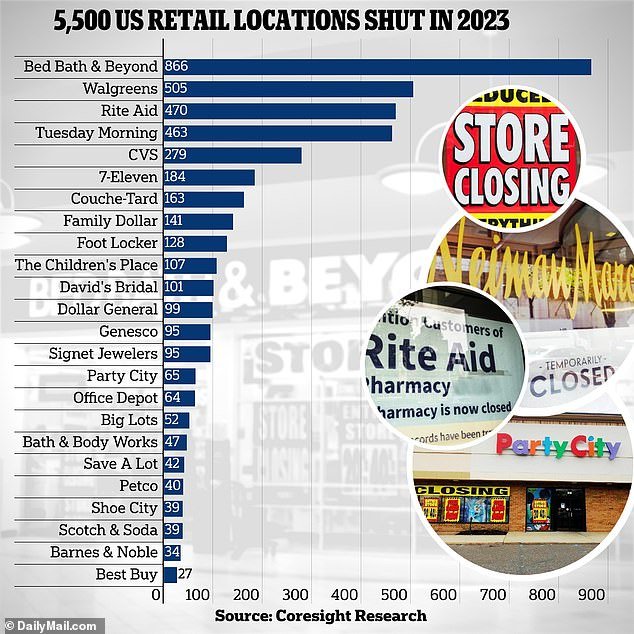Table of Contents
US retailers will close a total of nearly 5,500 stores in 2023, with big brands like Bed Bath & Beyond, Walgreens and Rite Aid leading the way.
The closures affected a range of sectors, from clothing stores to discount stores and pharmacies, as American commerce increasingly turns to the Internet.
But the home and office sector was the hardest hit, accounting for more than 30 percent of all closures, more than double that of 2022.
Driving the high number was that many retailers, such as Bed Bath & Beyond and Tuesday Morning, went bankrupt in 2023, closing nearly all stores as a result. Other retailers, such as Signet Jewelers, announced closures amid generally weak sales.
Scroll down for a full list of major US retailers with closed stores.
Total closures were 5,463 in 2023, a 30 percent increase from 2022.
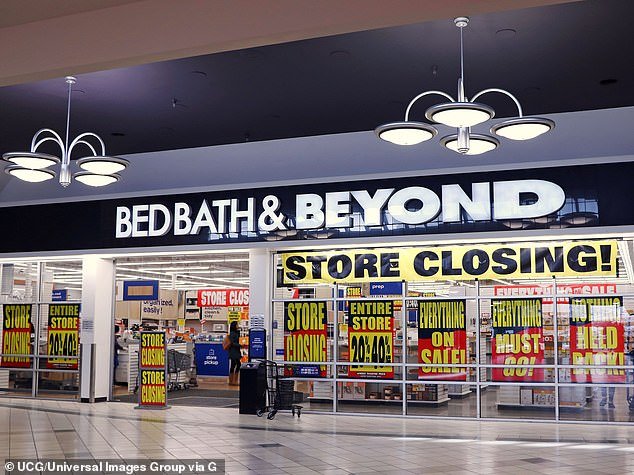
Bed Bath & Beyond said it would close 866 stores, far more than any other retailer.
Many retailers, such as Walgreens, pointed to rising thefts as an explanation for their dwindling profits and decision to close locations.
Total closures were 5,463, according to the latest estimates from advisory firm Coresight Research. That’s a 30 percent increase from 2022.
Bed Bath & Beyond said it would close 866 stores, far more than any other retailer, according to the report.
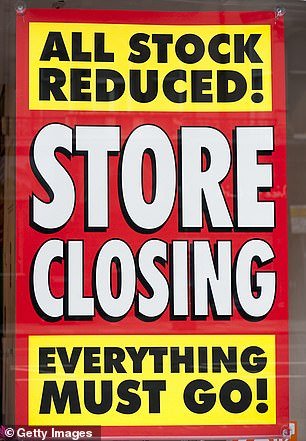
The closures affected a range of sectors, from clothing stores to discount stores and pharmacies.
That high count is because it filed for bankruptcy in April and liquidated all locations within months.
Their closures accounted for around half of the total that affected the home and office sector.
Walgreens came in second, having closed about 505 stores and reducing its total to 8,880.
In June, the pharmacy reported poor profits amid reduced consumer spending and revenue from Covid vaccines.
CEO Rosalind Brewer said at the time that the company would “take immediate steps to optimize the profitability of our U.S. healthcare segment,” which would include store closures.
Rite Aid also closed 470 locations last year. Like Bed Bath & Beyond, these came shortly after filing for bankruptcy in October.
CVS closed 279 stores, bringing its total store count to 7,501. Nearly 100 of last year’s closings were done by wedding dress seller David’s Bridal.
Other major retailers that have closed stores include: 7-Eleven, Foot Locker, Signet Jewelers, Christmas Tree Shops, Party City, Office Depot, Big Lots, Bath & Body Works, Sally Beauty, Save A Lot, Petco and Shoe City.
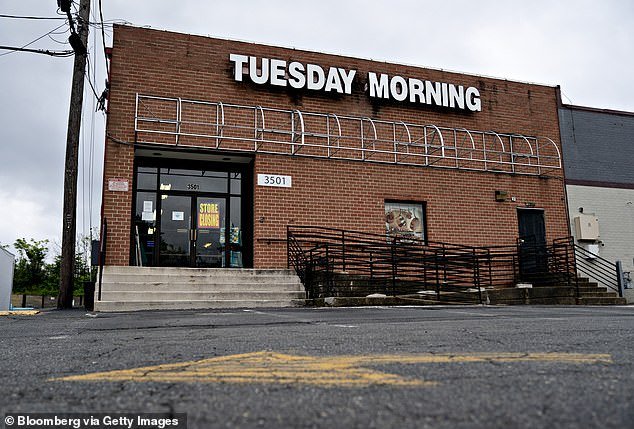
Tuesday Morning closed 463 stores last year amid bankruptcy proceedings
The three major dollar stores closed a significant number of stores last year.
Family Dollar and Dollar Tree, both owned by Dollar Tree, Inc., closed a total of 209 stores. Independently owned Dollar General closed at 99.
However, its closures were overshadowed by an avalanche of openings. The three retailers together accounted for 1,599 openings last year.
While closures in 2023 reached their highest level since the pandemic, openings also increased sharply. Last year, retailers opened a total of 5,837, more than total closures.
Bed Bath & Beyond – 886 closures
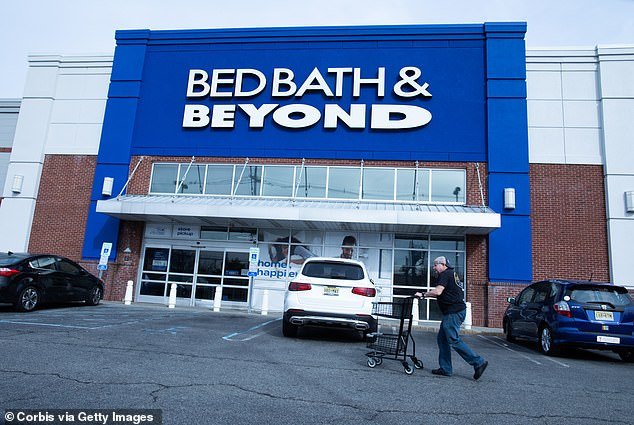
Bed Bath & Beyond filed for bankruptcy last year, marking the end of its nearly 900 stores.
After Bed Bath & Beyond filed for bankruptcy early last year, Overstock.com purchased its intellectual property for $21.5 million, and said it would continue to operate the brand as a digital operation.
Around 120 Buybuy Baby stores were also affected in the process.
Bed Bath & Beyond sold the brand to New Jersey-based baby clothing designer Dream on Me Industries, which has a small store and e-commerce site.
Since the sale only included the company’s intellectual rights, Buybuy Baby’s physical stores closed.
Christmas tree stores – 82 closures
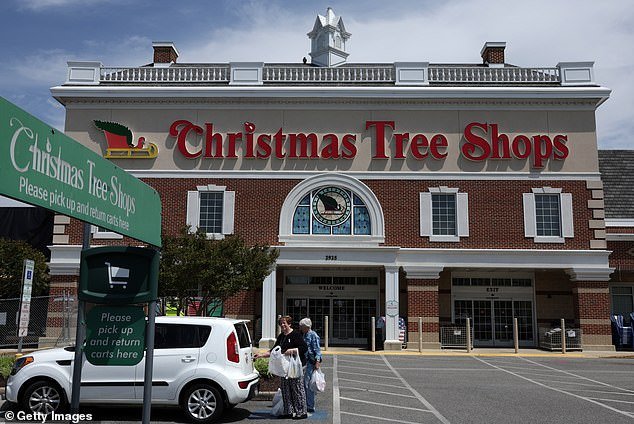
Christmas Tree Shops announced it would file for bankruptcy, citing slowing demand, inflation and high interest rates as causes for its demise.
The seasonal retailer, founded in Cape Cod, Massachusetts in 1970, filed for Chapter 7 bankruptcy in August, meaning its assets had to be liquidated.
In the process, all of its retail stores across the Northeast were closed.
It came after the brand filed for Chapter 11 bankruptcy in May and requested a $45 million loan, but defaulted on payments due to declining sales.
“It is clear to me that there has been a total collapse,” said one judge. reported to have said during a bankruptcy hearing.
Hundreds of employees working at its headquarters and in stores who were laid off during the collapse filed wage claims against the retailer.
Party City – 65 closures
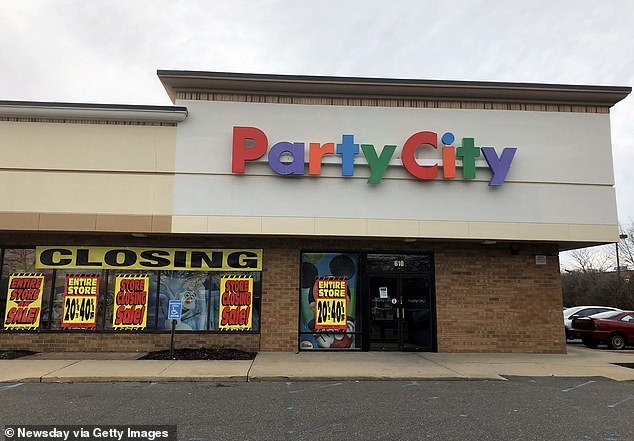
New Jersey-based party supplies retailer Party City emerged from bankruptcy in October but closed 65 locations last year.
Party City, a New Jersey-based party supplies retailer, filed for Chapter 11 bankruptcy last January.
A month later it announced it was closing a total of 22 stores across the country, with the possibility of more in the future.
It previously operated more than 800 stores nationwide, but had already closed 28 before the announcement.
After filing for Chapter 11, it completed restructuring efforts in October and emerged from bankruptcy, but in total it closed about 65 of its stores last year.
The company said at the time that most of the remaining stores would remain open.
Signet Jewelers – 95 clasps
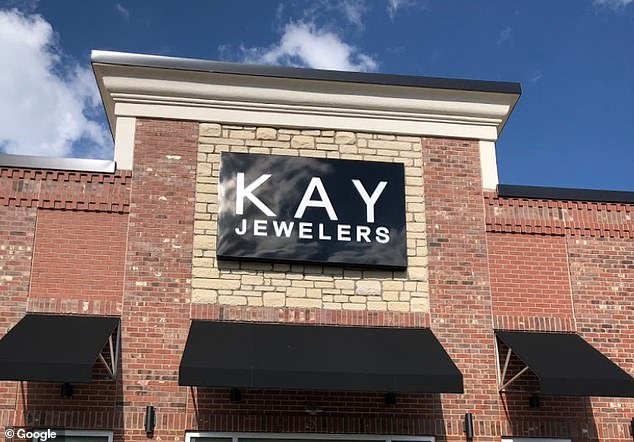
Signet operates stores under brands including Kay Jewelers, Zales, Jared, Banter by Piercing Pagoda, Diamonds Direct, Blue Nile and JamesAllen.com.
The jewelry retailer said in June it would close stores that “did not meet our productivity expectations,” CEO Virginia Drosos said during an earnings call.
It operates more than 2,500 stores under brands including Kay Jewelers, Zales, Jared, Banter by Piercing Pagoda, Diamonds Direct, Blue Nile and JamesAllen.com.
Most of those closures affected its brick-and-mortar mall locations, its chief financial officer, Joan Hilson, said at the time.
To explain the drop in sales last year, the company suggested there were fewer engagements due to the “Covid disruption of appointments” three years earlier.
Walgreens – 505 closures
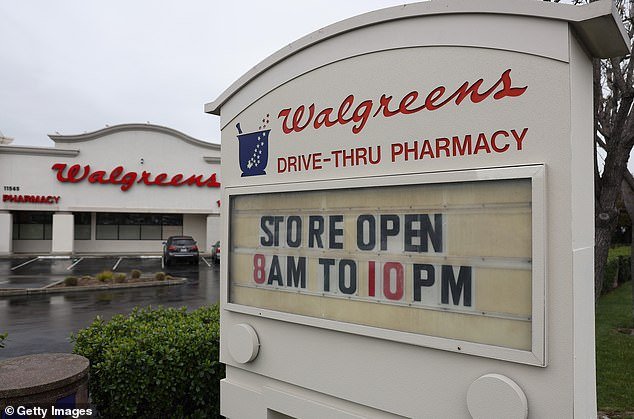
Walgreens has nearly 9,000 stores but, like CVS, is closing them nationwide.
Walgreens announced plans to close more than a hundred of its nearly 9,000 U.S. stores during its third-quarter earnings call.
The places that closed were New York, Minnesota, Vermont, Alabama and Florida, among others.
| Retailer | Total store closures | Total Store Count |
|---|---|---|
| Bed bath and beyond | 866 | 949 |
| Walgreens | 505 | 8,880 |
| ritual of help | 470 | 2,324 |
| Tuesday in the morning | 463 | 491 |
| CVS | 279 | 7,501 |
| 7Eleven | 184 | 13,232 |
| Couche-Tard | 163 | 9,295 |
| family dollar | 141 | 8,179 |
| shoe drawer | 128 | 1,822 |
| The children’s place | 107 | 577 |
| David’s girlfriend | 101 | 291 |
| general dollar | 99 | 18,818 |
| Genesco | 95 | 153 |
| stamp jewelers | 95 | 2,512 |
| Christmas tree stores | 82 | 83 |
| dollar tree | 68 | 8,114 |
| party city | Sixty-five | 761 |
| Deposit Office | 64 | 980 |
| Large lots | 52 | 1,457 |
| Bath and body work | 47 | 1,681 |
| sally beauty | 42 | 3,146 |
| Save a lot | 42 | 856 |
| petco | 40 | 1,406 |
| shoe city | 39 | 39 |
| scotch whiskey and soda | 39 | 48 |
| dream number | 3. 4 | 670 |
| Barnes & Noble | 3. 4 | 607 |
| aldi | 31 | 2,275 |
| Versona | 30 | 131 |
| TJ Maxx | 27 | 3,461 |
| American Eagle | 27 | 876 |
| Best Buy | 27 | 979 |
| Mitchell Gold + Bob Williams | 27 | 27 |
| Williams-Sonoma | 26 | 547 |
| Gap | 25 | 504 |
| Walmart | 25 | 4,742 |
| Express | 25 | 566 |
| adidas | 25 | 179 |
| Banana Rebublic | 23 | 433 |
| Staples | 22 | 1,018 |
| ancient navy | 22 | 1,247 |
| Wawa | twenty-one | 988 |
| guys | twenty | 1,261 |
| Morpheus | twenty | twenty |
| Tapestry | twenty | 586 |
| Alex and Ani | twenty | 39 |
| Very cheap | 19 | 93 |
| Nike | 19 | 250 |
| casey | 17 | 2,463 |

